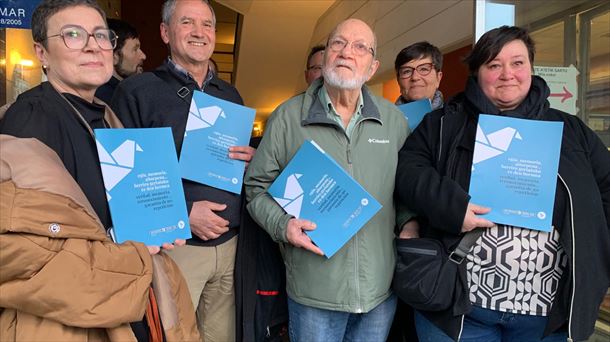Vorarlberg is once again becoming a model region: Minister of Social Affairs Johannes Rauch (Greens) presented the details of the pilot project “Informed Contraception in Vorarlberg” (INVVO) on Monday. The starting signal is on October 1.
As part of the pilot project, around 3,500 women will receive contraceptive advice and free contraceptives for a year. “More than half of the women bear the costs of contraception alone. Many cannot use contraception at all for financial reasons or cannot use the method they want. Access to modern and safe contraceptive methods should not be a question of income,” emphasizes Minister Rauch of Health and Social Affairs.
Austrian Contraception Report
This assessment is consistent with the facts: In June, the Ministry of Health presented the first Austrian contraceptive report. In the representative survey, half of the women state that they have to bear the costs of contraception entirely themselves. The most common contraceptive methods among sexually active women in Austria are the pill (42 percent), the condom (40 percent) and the IUD (17 percent).
For over 95 percent of respondents, reliability is the decisive factor when choosing a contraceptive method. Financial aspects also play an important role. Especially the most effective methods, such as IUDs or hormone sticks, are associated with high costs, which deters many women. Unfortunately, men all too often avoid their responsibility: “In many cases, contraception is still the sole responsibility of the woman. Our goal is to provide free, long-term contraception and contraceptive advice to girls and women throughout Austria. For me, this is part of modern health care. The pilot project helps us to collect important data and experience and to set up the necessary structures,” emphasizes Rauch.
Contraceptives for every 20th Vorarlberg woman
The Ministry of Health and Social Affairs is therefore making 950,000 euros available for the research and pilot project. With this budget, approximately one in twenty women of childbearing age between 14 and 45 years in Vorarlberg can be provided with contraceptives and contraceptive advice. From 1 October, participants will be offered psychosocial contraceptive advice and, after they have been admitted to the project and prescribed by their gynaecologist, a tailor-made contraceptive. Pre-registration is possible directly at the femail department “Women’s Health” or online.
Already about 450 pre-registrations
For short-term contraceptives, such as the pill, condoms, hormone rings or 3-month injections, the costs are reimbursed for one year. For long-term methods such as IUDs or hormone implants, the costs for the product and placement are fully borne. Participation in the consultation is voluntary. Interest in the project is exceptionally high. In the first 24 hours after the announcement, more than 200 interested parties had already registered. There are currently 450 women registered. A maximum of 3,500 young girls and women can participate in the project.
It is particularly important for the initiators to reach target groups that often have difficulty accessing such pilot initiatives – such as women at risk of poverty or affected by poverty, women with poor knowledge of German, and teenagers and young women. In a first step, the participants are invited to a discussion at the femail women’s information centre. There you will receive all the information about the accompanying study by Gesundheit Österreich GmbH. The attending gynaecologist will then prescribe the appropriate contraceptive and determine the duration of the prescription. With a doctor’s certificate, short-term contraceptives are available free of charge from the pharmacy. In order to be able to use long-term methods, another appointment is made at the gynaecological practice.
femail takes over the sponsorship
femail will be the main point of contact for the participants throughout the entire project period: “By implementing the INVVO project, we have taken on a great responsibility. Women already come to us on the recommendation of their gynaecologist. We are very happy about that!” emphasises femail director Lea Putz-Erath.
The data collected by Gesundheit Österreich GmbH is scientifically evaluated – of course in accordance with strict data protection standards. If the pilot project shows the desired success, it can soon be rolled out throughout Austria.
Source: Krone
I am Ida Scott, a journalist and content author with a passion for uncovering the truth. I have been writing professionally for Today Times Live since 2020 and specialize in political news. My career began when I was just 17; I had already developed a knack for research and an eye for detail which made me stand out from my peers.



